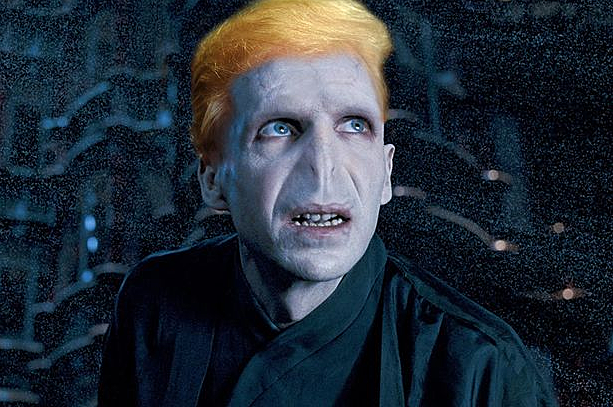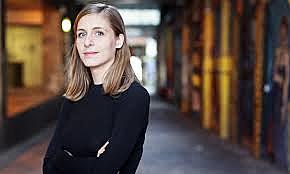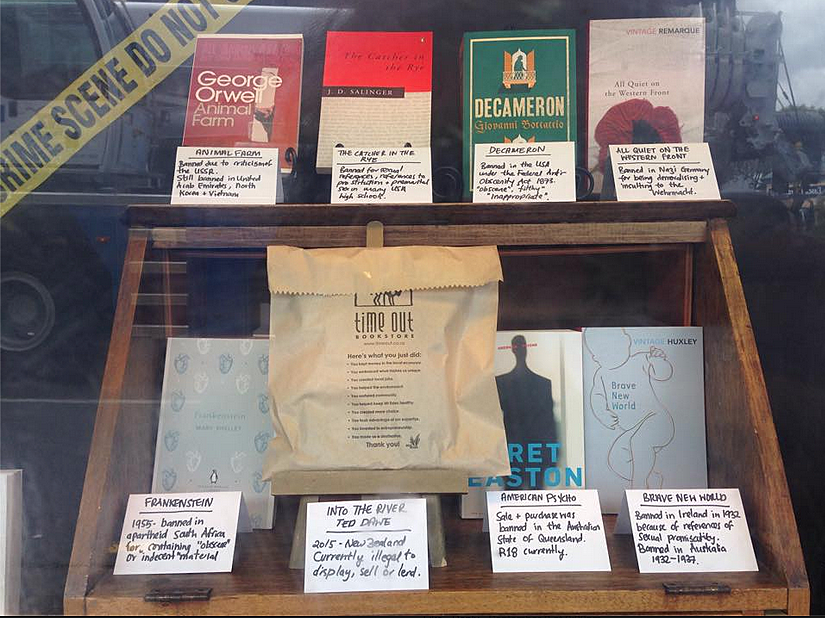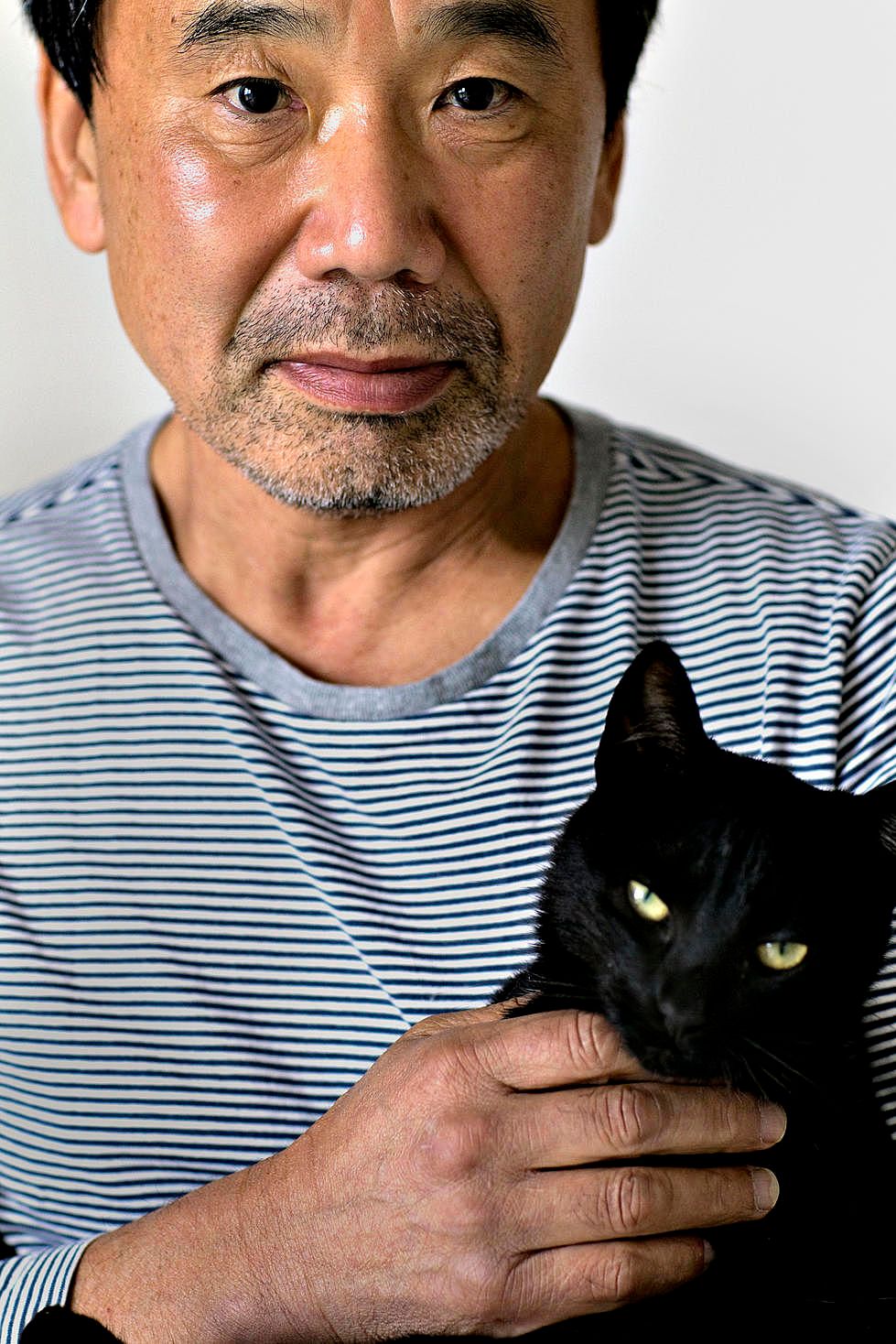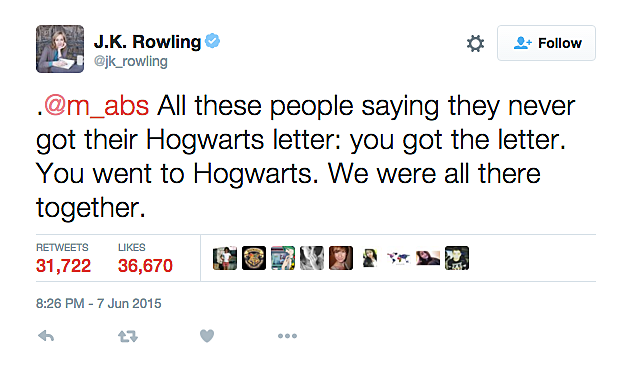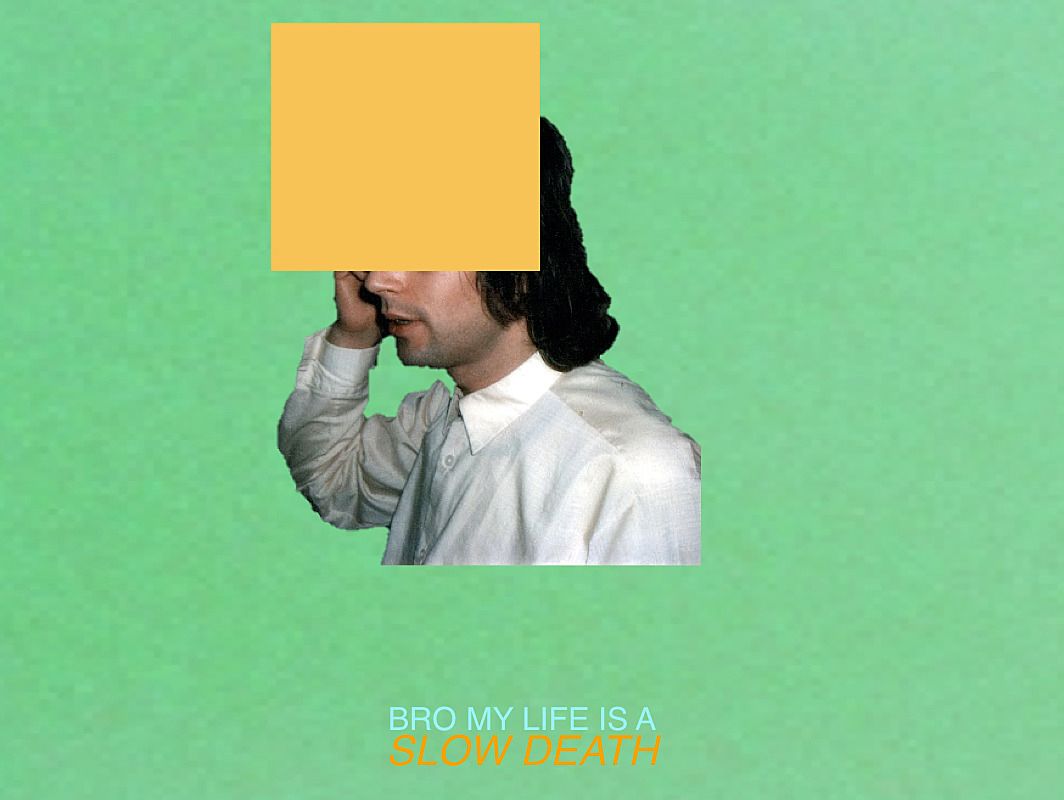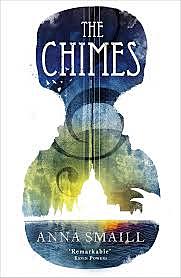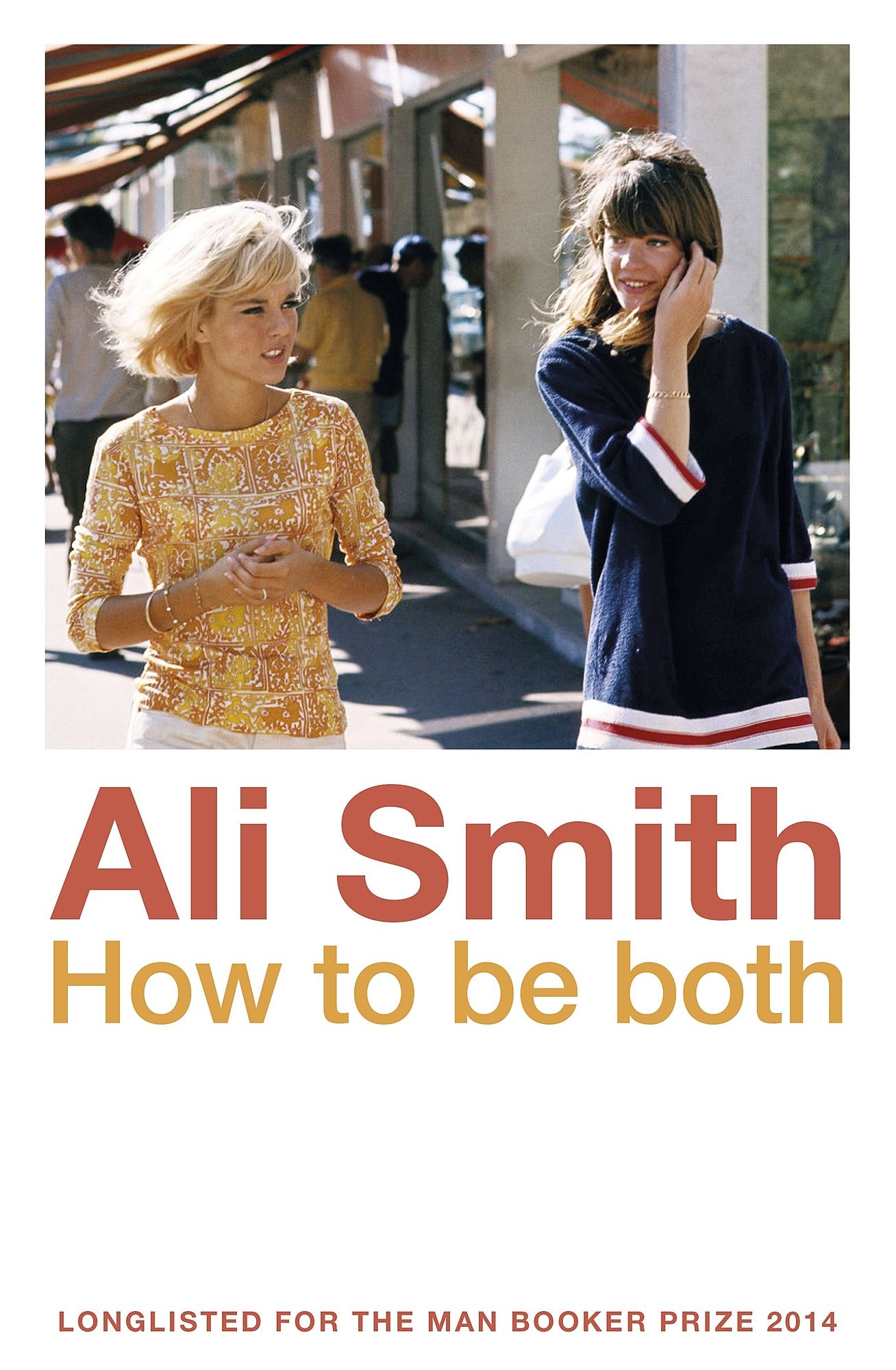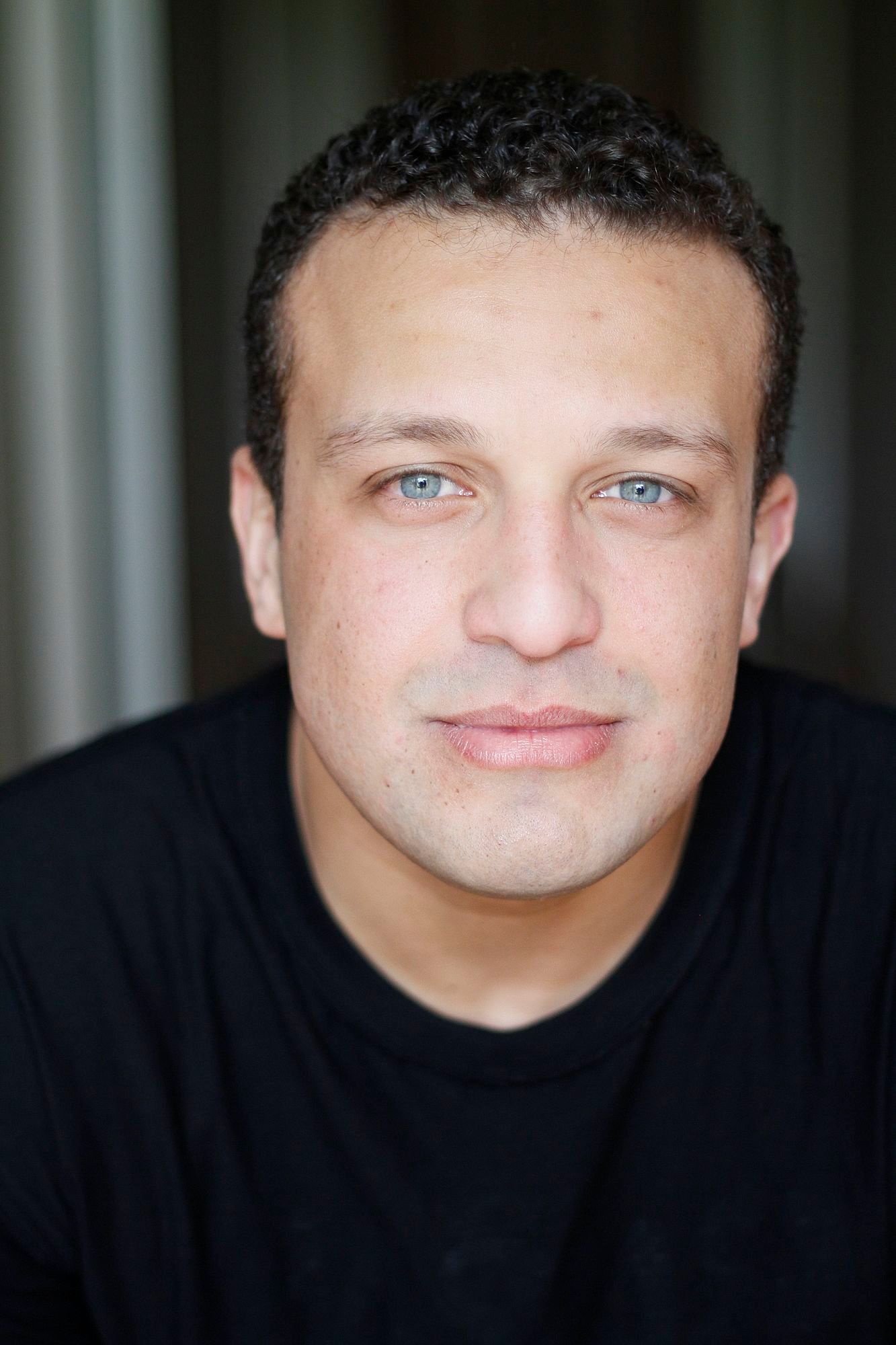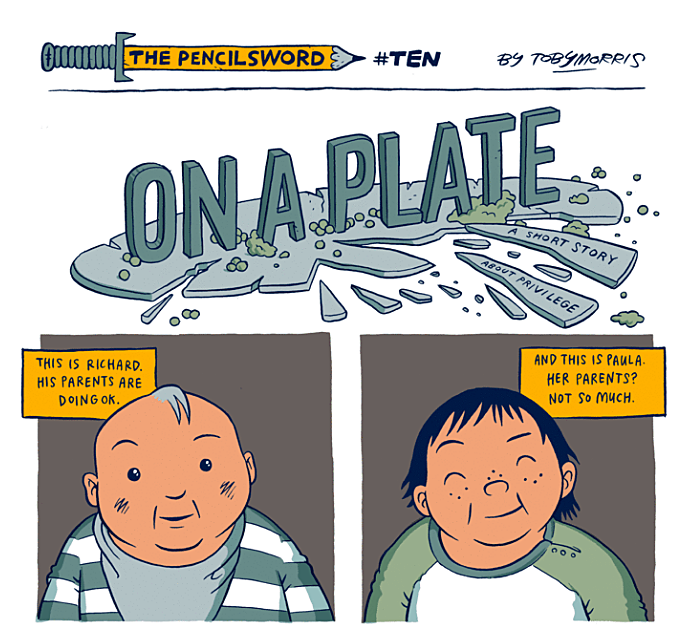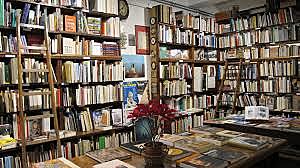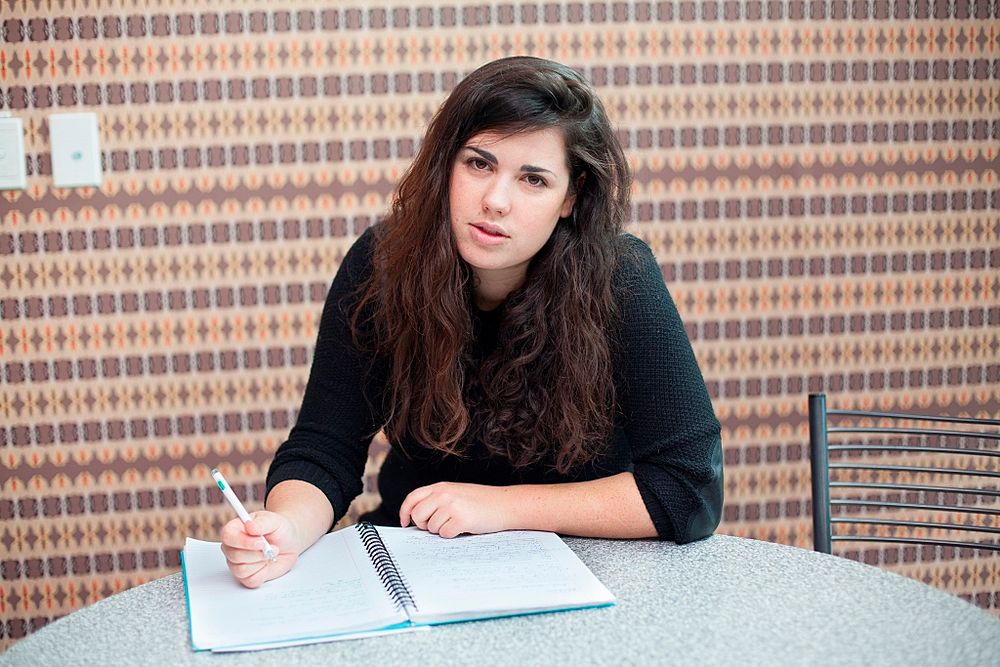The Banning, the Blaming, the Binding: Ten Literary Moments 2015
Last April I attended the London Book Fair. It took place in an enormous stadium named Olympia, which thronged with navy-suited professionals trading international rights for gluten-free cookbooks.
On day one, Conchita Wurst (2014 Eurovision Winner) swanned into a cramped little pen, flanked by security, and talked at length about her disdain for books, and her ghost writer. Day two featured a panel in which teenage YouTube stars and their (extraordinarily creepy) managers discussed fame, makeup and how to covert subscribers into readers. The whole fair was heavy with an air of desperation. It was a snapshot of an industry caught between a history of necessity and impending doom, clambering for a place of relevance within the digital age.
By day three I had discovered salvation in the form of the children's zone. Though it was fairly empty of sellers, buyers and the accompanying suits, there was a magic there, so absent in the rest of the stadium. I attended sessions on books developed for kids with disabilities, on Minecraft, on literacy, charity and play. I watched authors and publishers cry with pride at what they had created, and the feedback they had received from parents. I remembered why books matter so very much, and that they are so much more than an industry.
Back on home turf, the great debate of Olympia '15 seemed to have seeped through. For better or worse, we are in the midst of the third great economic wave. The internet represents the industrial revolution of our time, and print media -- books included -- is forced to figure out where it fits. Authors, journals, journalists and poets are competing for space with so much more.
This isn't new information, of course, but it is the foundation of my best literary moments of the year. Because books are not dead. Writers are not irrelevant. It's cliché, but hey, it's almost Christmas: there is hope for literature yet.
When Eleanor Catton mixed politics with “some of the other things that she’s better-known for”
On the 26th of January this year, Eleanor Catton dropped some casual truth bombs, and New Zealand’s media had a tantrum. It was vicious, cruel and indicative of a parochial mindset that disempowers intellectuals, authors, academics, voices of dissent and, of course, young women.
While much of the response was difficult to take, it was wonderful to see much of the literary community stand up for a writer's right (and maybe responsibility) to speak truth to power.
“The matter of having this kind of cultural embarrassment about your place in the world, we really need to actively resist that and be brave,” wrote Eleanor, in the aftermath. “I don’t think good literature can come about without bravery.”
Thank you for your bravery, Ellie. Right on.
The Great Book Banning of 2015
The banning of Ted Dawe's young adult masterpiece Into the River doen't represent a highlight on the literary calendar, but it was a moment of huge importance. The abilty that one religious organisation has to influence freedom of thought suddenly became apparent. What also became clear, however, was the value that we place on books within our communities, and the values that they represent. In the words of Emma Neale:
Why defend Dawe’s book? Because it has significant literary, social and cultural value. Because it confronts racism and bullying, and is directed at a traditionally reluctant readership (young males). I’m not the target demographic, but I strongly believe in freedom of expression and access to ideas — as enshrined in the UN Declaration of Human Rights. Teenagers might need guidance, or forewarning that a book’s content is explicit or disturbing, but preventing young adult and adult readers from accessing this particular book, even temporarily, is extreme.
Reading itself is a form of liberty.
That Time Haruki Murakami Came to Auckland
Record numbers, numerous sold-out sessions and John Campbell chatting to Carol Ann Duffy on the stage of the ASB Theatre were all very good parts of the Auckland Writers Festival this year. But for so many people, the highlight was undoubtedly Murakami.
I found the interview slightly awkward, a little lost in translation and lacking in any real substance. That said, I will never forget the moment when an audience member asked if cats represented a certain spirituality to Murakami, to which he replied, "they're just cats," immediately putting the career of every Buzzfeed staff member in jeopardy.
In all seriousness, though, the fact that the festival can draw such big names shows that our interest in books as a nation is very much alive and kicking. TradeMe bidding wars broke out for tickets to author sessions. Writers = Rockstars.
J.K. Rowling Continuing to be the Best Person on Twitter
She's tweeted comparing Trump to Voldemort and shutting down homophobia, misogyny and Murdoch. But for some of us, the finest Tweet of the year was when J.K. Rowling reminded us that a book you love can actually become a world, and that sharing that book with others becomes a journey.
The New Journals on the Block
This year has seen a burst of fresh, exciting, experimental writing, published in equality exciting journals, zines and independent publications. Particular highlights include Left, edited by Jackson Nieuwland, and Manukau Institute of Technology's Ika, edited by Anne Kennedy. Each has a vastly different aesthetic and purpose, but each showcases brilliant writing that challenges stagnant models of what a local literary scene might look like. They're also both objects of beauty in themselves, with visual art throughout and a focus on design.
The Longlisting of The Chimes
The Chimes shocked everyone (including its happy but surprised author) when it make the Man Booker Prize longlist this year. It's a work of dystopian young adult fantasy, in a world where memory is vastly changed and people are controlled by song.
The book is incredible in its ability to toe the line between literary fiction and writing for teens. Its existence speaks to the emergence of a new generation of voracious readers who have evolved beyond The Hunger Games and are clamouring for more.
On a purely practical level, seeing another young, female author from New Zealand make it on the international literary stage is wildly exciting. And so very well deserved.
I had the opportunity to chat to Anna just after she made the list, and with regard to our national book landscape she said this:
"It’s so crucial to build up a national literary culture. I think it is happening, but it’s happening slightly out of the radar of the mainstream media. So it’s a public awareness that is still quite grassroots, possibly. But I feel pretty hopeful about that."
How To Be Both Winning the Baileys Prize
Last year's Baileys Prize was awarded to Eimear McBride for the startling and magnificent A Girl is a Half-formed Thing. That book may have been my fiction highlight of 2014, but is also incredibly experimental, written in a lilting, almost unintelligible voice that needs time and energy to absorb and invest in.
How exciting, then, that the Baileys Women's Prize for Fiction was awarded to an equally challenging novel this year, Ali Smith's How to Be Both. It's described by the judging panel as "a novel all about art’s versatility. Borrowing from painting’s fresco technique to make an original literary double-take, it’s a fast-moving genre-bending conversation between forms, times, truths and fictions."
The book oscillates between the tales of a child in the 1960s and a fresco painter of 1460s, each with secrets and each facing injustice. The order of the stories is not fixed, in that half the copies of the book begin and end in different places.
Ali was one of the featured writers (and another light within the general darkness) at the London Book Fair this year. In her session, she said this of writing:
"Don't look for your voice. It's not your voice you're looking for, it's the voice of the story. It will come to you."
Mohamed Hassan Winning the New Zealand Poetry Slam
Slam poetry competitions such as Rising Voices, Poetry Idol and the national slam have given voice to a generation of young people who have something to say. Slams transcend the usual hierarchies that dictate who deserves a voice, and are judged by audience members rather than designated experts.
Slam began in Chicago, so it's a genre inherited from the U.S.A., meaning many of the young people slamming around New Zealand are micking the style (and accent) of the American stars they watch on YouTube. But brilliant writers are emerging from the scene right here in Aotearoa, and one of them is Mohamed Hassan, who took out the national title in Hamilton this year.
Mohamed is a journalist at RNZ by day, and a commanding, resonate performer by night, who speaks with particular strength about the experience of living as a young Muslim in New Zealand. He's one of a handful of exceptional slammers in the country, and together it seems they're starting to change the face and the scope of what New Zealand poetry has to offer.
The Strength of New Zealand's Online Storytelling
While cartoons and op-eds don't normally fall into the category of what one might consider 'literary', they are certainly aspects of storytelling that I consider important to every word-nerd's life. This year has seen some brilliant online content by some exceptional storytellers, including On a Plate by Toby Morris (published by The Wireless) and In Defence of Chrystal Chenery by The Spinoff's Alex Casey. The former went viral; the latter caused so much traffic that it shut down the website.
Booksales are Up
Finally, according to this article, booksales in the year to 3 October 2015 had grown by 9.3%. Globally, sales are trending away from eBooks and towards the physical object, and bookstores are thriving. The future of books is looking bright.
